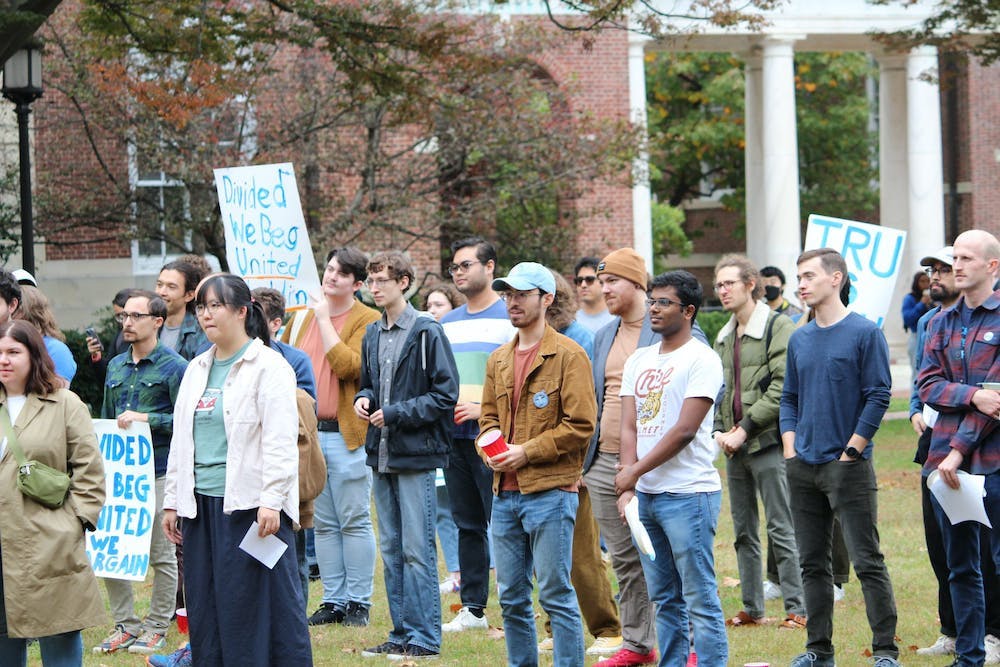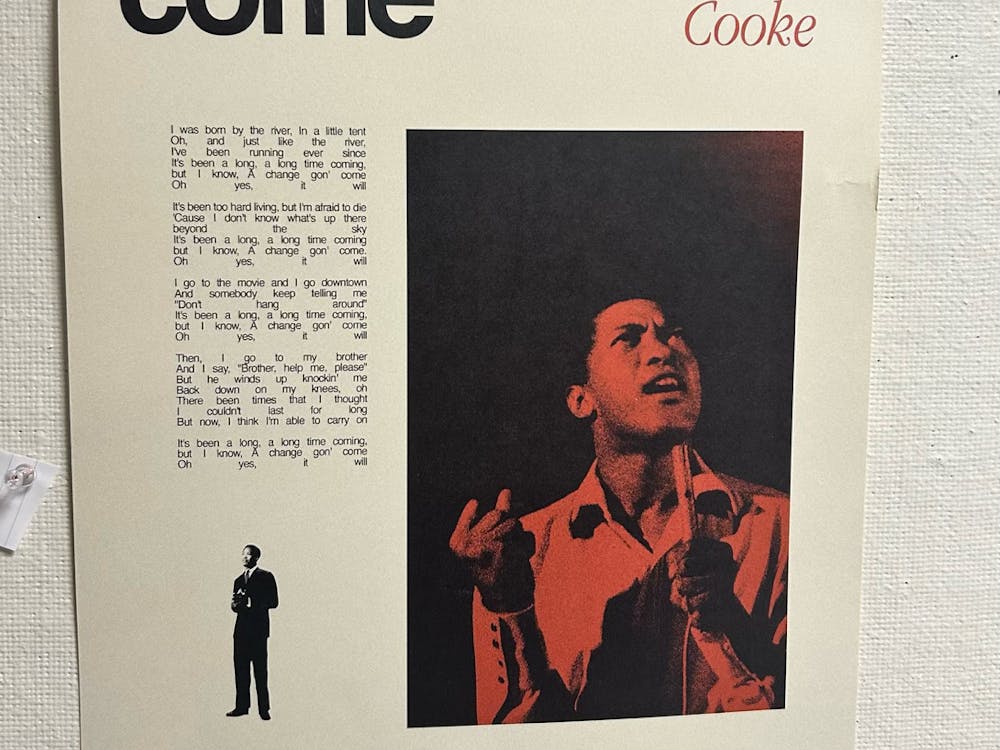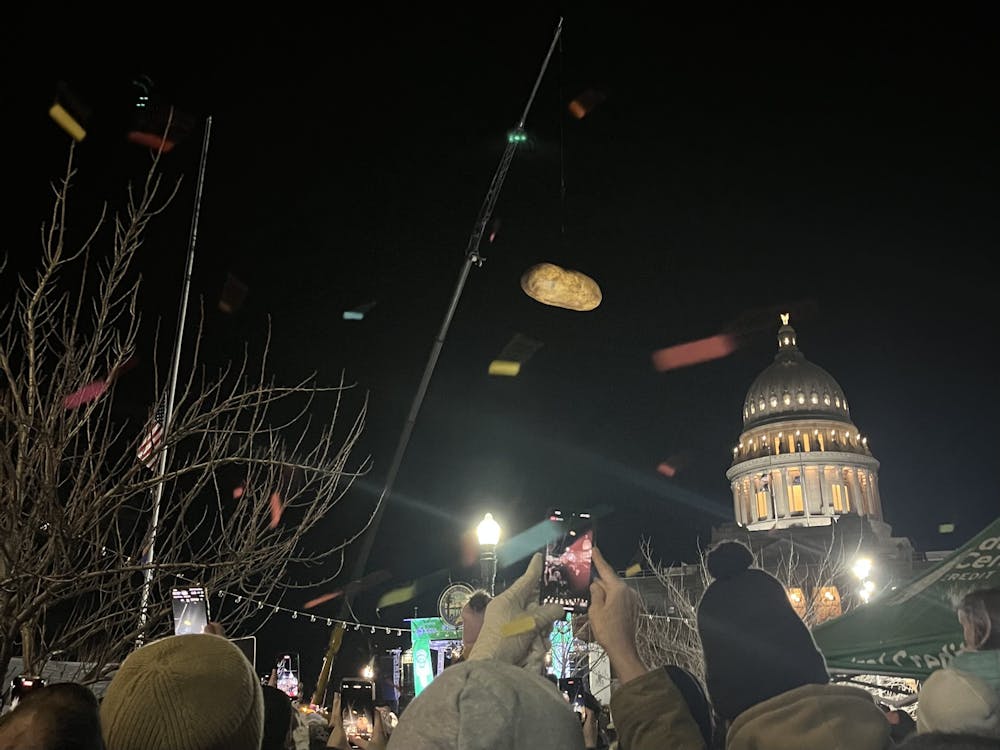Affiliated with United Electrical, Radio and Machine Workers of America (UE), the University’s graduate student union Teachers and Researchers United (TRU-UE) officially won recognition through a union representation election facilitated by the National Labor Relations Board in January 2023.
Founded in 2014, TRU-UE started as a small group of graduate students in response to the dean’s strategic plan. This year, over 2000 graduate students voted in favor of unionization, resulting in a 97% majority and 64% turnout rate.
In an interview with The News-Letter, graduate student Peter Weck, an organizer for TRU-UE since 2017, expressed his excitement for the union to be officially recognized.
“For those of us who have been around since the earlier days, the last six months have been pretty surreal — especially to go from a series of years in which the hope that we were going to win the union started to fade to then, suddenly, there was a super majority of people on campus who were signing union cards,” he said.
He explained the driving force for TRU-UE’s decision to work with UE.
“Part of TRU-UE’s character has always been trying to put decision-making and power back in the hands of graduate students and having graduate workers actually run an organization for themselves,” he said. “We chose to affiliate with [UE] because they were serious about worker-led locals.”
Graduate student Samantha Agarwal was an organizer for TRU from 2015 to 2019. In an interview with The News-Letter, she spoke about how the legal recognition of unionizing came from years of organizing.
“It's important to just say explicitly that, while winning this legal recognition is absolutely historic and is going to qualitatively change the conditions of work and life for graduate students, the majority of the victories that we've had over the years have come outside of the scope of legal recognition,” she said.
The 2014 strategic plan introduced various changes to the University experience, including plans to reduce the number of graduate students at the University and hiring more junior faculty instead of tenured professors. Many graduate students felt that this proposal would increase the amount of labor on students.
In an interview with The News-Letter, Valentina Dallona, an organizer with TRU from 2014 to 2019, asserted that graduate students felt sidelined after the administration did not consult students during the creation of the plan.
“There was a lot of opposition, both by the graduate student body and also the faculty members, but the administration decided to go on with this plan regardless,” she said. “We knew that, despite the fact that we were running the institution together with faculty members, we didn't really have a voice in this decision, which deeply affected our work.”
Agarwal described how this event propelled organizing among graduate students.
“We realized that we needed a body that would be distinct from the University-funded and supported bodies,“ she said. “The decisions would be taken by graduate students, and that was how the idea of starting a graduate student union emerged.”
Graduate students at private universities did not have the legal right to unionize until 2016. Instead, as an unofficial union in 2014, TRU organized various issue-based campaigns, including one for better health care for graduate students that they won in 2018.
Agarwal highlighted how this campaign built trust among graduate students, as they started believing that the union could improve their working conditions.
“We realized that people were angry, and we were trying to channel that anger into something constructive, like an issue campaign that resonated with people deeply and that would actually structurally change the very inequitable balance of power,” she said.
Dallona emphasized that TRU’s movement for health care showed that the organization was run for and by the students.
“We wanted to approach the work as the union — workers trying to figure out what are the most important things that affect everybody and also wanting to reach the most diverse range of people in the institution,” she said.
Agarwal similarly detailed how organizing brought graduate students across departments together.
“People were very nervous about [organizing],” she said. “The health care campaign was monumental in organizing, talking to people, listening to them about their fears, addressing their fears and giving them a concrete way in which they could see that ‘I can do something to participate in improving graduate students' conditions.’”
As a result of this organizing, in 2017, the University introduced parental leave for graduate student workers and created the Provost’s Advisory Team on Healthcare to review existing graduate student health insurance policies. Graduate students finally received improvements, like vision and dental coverage, to their health insurance plans in 2018.
Weck described how issue-based campaigns allowed TRU-UE to be active, even when the political climate was hostile to formal unionization.
“At that time, most graduate students didn't think of themselves as workers... so it was important to meet people at that point of ‘Let's fight for these improvements to our health insurance,’ but then connect that to this broader question of how we are going to continue to win things like this,” he said. “We do that by forming a union and institutionalizing our role in shaping our working conditions.”
Over the past few years, TRU has been active in many different campaigns, organizing with the Hopkins Coalition Against ICE to protest the University’s contracts with the U.S. Department of Immigration Customs and Enforcement (ICE). The University ended its contracts with ICE in Sept. 2019. TRU has also organized against sexual assault, the creation of a private police force and the closure of the Humanities Center.
According to Agarwal, TRU-UE drew inspiration from the legacies of social-movement unionization, which emerged from anti-imperialist movements. She stressed that unions have a broader role than simply raising the wages of workers.
“Not every member of TRU-UE agrees perfectly on all of these issues or feels the exact same way politically about all of them,” she said. “What’s important is that we've created a space for a dialogue on those issues and for thinking through how we can transform the way that the University is run.”
She hopes that TRU-UE’s legacy shows how movements can be built by bringing people together and working toward a common cause.
“All that organizing requires is that you have a vision, a clear campaign strategy and a group of people that is willing to do the work and put the hard hours in to move people and win,” she said.





